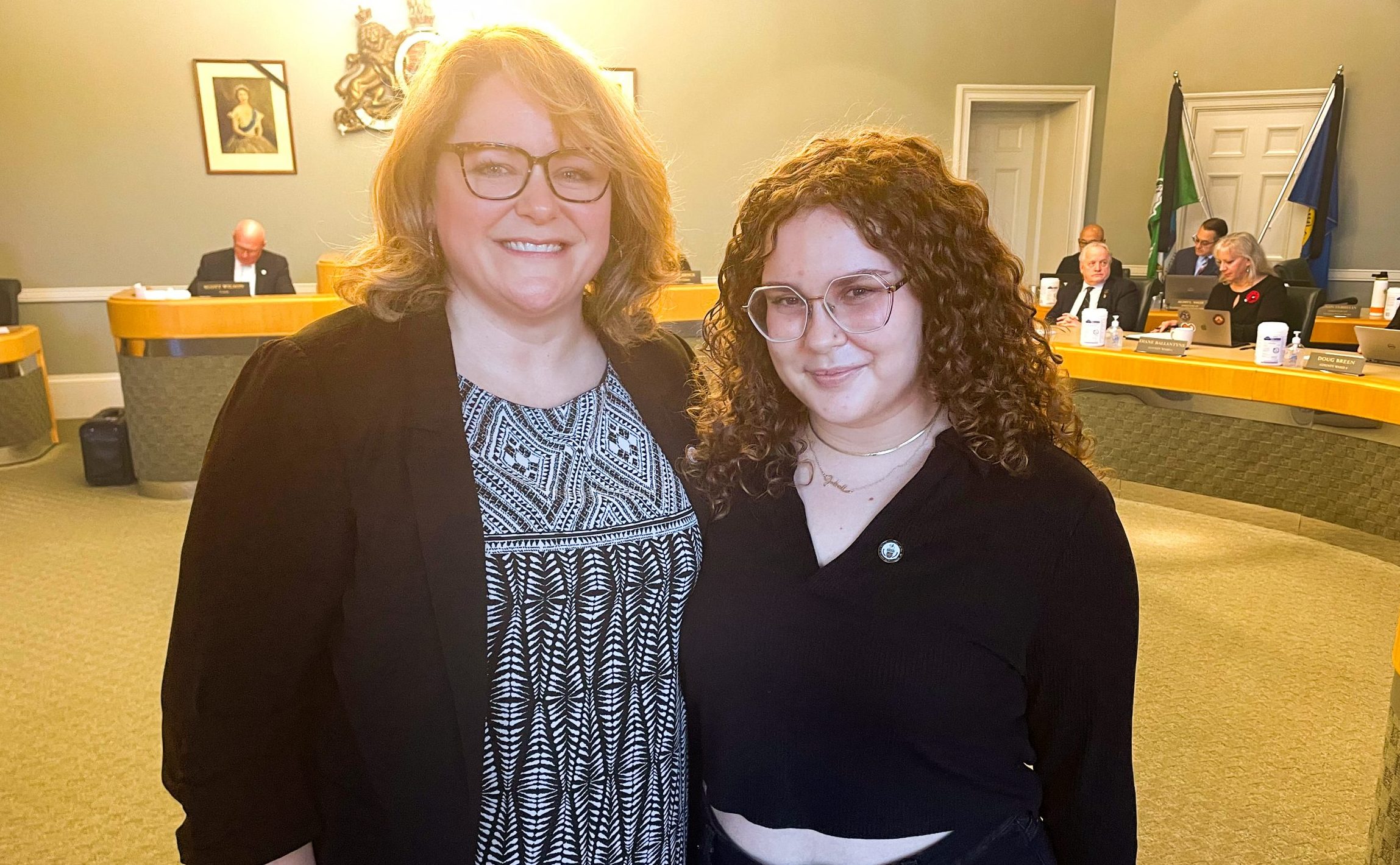GUELPH – A project aimed at documenting and supporting the County of Wellington’s corporate culture is entering the final stages.
The result will be a publication to capture the county’s history, highlighting various individuals, initiatives and “key components of the county culture,” states an Oct. 18 report to the county’s administration finance and human resources committee.
Human resources director Susan Farrelly presented Wellington County council with an update on the County Culture Project on Oct. 27.
“Although the county has a strong, positive corporate culture, this corporate culture is not documented anywhere,” Farrelly told council.
The report explains the project will result in a book to be shared when bringing on new county employees and elected officials.
The feasibility of planting a “County Culture” 25-year time capsule in 2023 “to ensure the preservation and sharing of the county culture can be shared with the next generation,” is also under consideration, the report states.
Farrelly told council the project arose from work on the county’s strategic action plan.
“It became clear through that process, that the county culture is indeed something very special, but there isn’t a tangible document to define this as a strategic action in the plan,” she explained.
“The need to identify, define, document and instil this county culture became an action item.”
The project involved collaboration between the county’s human resources and communications departments and the Wellington County Museum and Archives.
Although the project was delayed initially due to the COVID-19 pandemic, three students were hired to begin the process in 2021.
“The hiring of summer students for this project also helped to meet the priority as identified in the strategic action plan to engage young professionals,” the report notes.
As part of their duties, the students were tasked with capturing the stories and gathering photos of individuals who have been identified as being instrumental in forming the county’s culture for the purpose of sharing their stories.
Elected officials and both past and present employees are among those included.
One of the students, Gabrielle Andres, returned this past summer to work on this project in its final stages and joined Farrelly in presenting the information to council.
Andres explained her own connection to the county’s culture, starting at the age of 16 as a library page. She has also been employed at Wellington Terrace as an aide for the past three years.
“These positions introduced me to the County of Wellington and the unique culture that is shared across the county,” said Andres.
“I truly believe we’ve captured the essence of what the county culture is and wouldn’t have been possible without collaboration with, and contribution from, so many county employees, retirees and councillors.”
In addition to individual stories, the book will highlight defining elements of county culture, such as the Green Legacy tree planting program and the county library system, Andres pointed out.
Part of the initial vision for the project, the creation of a series of videos, became a challenge due to the pandemic, “although this is being considered as part of a future county orientation video project,” the report states.
The County Culture book is expected to be available for use as an orientation tool in the new year.
Farrelly said a copy will be provided to members of the outgoing council in recognition of their role in the origin of the project.
“The book will provide a lasting legacy of the existing council in identifying, defining, documenting and instilling the Wellington County Corporate Culture as identified in the strategic plan,” Farrelly stated.
Council accepted the presentation as information.




